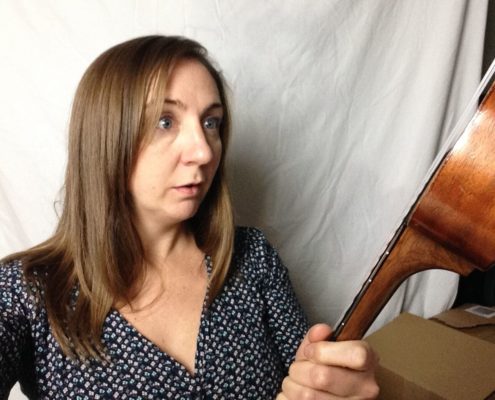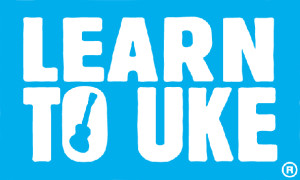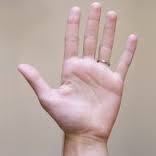The ‘Harry Potter’ Approach to Ukulele Buying

Want to buy a ukulele? Not really sure what to buy? For the first ukulele, you don’t usually have a frame of reference. In the early days, I would recommend spending a small amount of money, until you know you enjoy playing and you want to stick with it. Don’t get me wrong, don’t go too cheaply, so that the uke is un-tune-able. If you’re fending for yourself for your first ukulele, refer to these recommendations to help you with buying your first ukulele. Then, when you’ve been playing for a while you might want to upgrade. It’s at this point that people usually ask me ‘what is the next ukulele that I should buy’ or ‘what brand do you recommend’. I like lots of brands of ukuleles, and you’ll find plenty of reviews out there but I think it’s a bit like asking ‘what car should I buy’ or ‘what bike should I buy’. It really depends what you want to do with it – are you planning to play lots of melody? Might you need a low G string? Are you planning to play gigs with other instruments? Will you need a pick-up in it so you can be amplified or will a microphone do? Do you prefer a mellow or a bright sound? I don’t know – these are all subjective preferences, like everything in life.
For me, buying a new ukulele is a bit like that scene in Harry Potter… You know, the scene where he needs to buy his wand and he wanders (yes, pun intended) into the shop seemingly bewildered? Then, as magic happpens – the wand that’s meant for him flies at him. The wand chooses Harry:
That’s how I think about ukulele buying. I walk into a shop, play a few of them and and the ukuleles choose me. I’ve bought several instruments like that. I didn’t mean to, it just happened. Like when I go out for one drink, but that’s a different story. With ukuleles, I like to walk into a shop, feel it and hear the instrument I’m going to buy. That’s worked for me with my guitar (oo-er, the G word) and also with ukuleles. I’ve got a feel for them and have known they were ‘the one’ when I’ve played them. I’m sure the same will happen for you. Go in, play your favourite song. If you like the feel and sound of it, buy it and give yourself hours of fun. It helps when you know what you’re feeling for. I like ukes with low action, that sound good whether you play melody or chords. But that’s just me.
It’s around this point where UAS (Ukulele Acquisition Syndrome, to the uninitiated) comes in. You may well also get bitten by the bug and buy a new uke for every day of the week. There are lots of people who have more ukuleles than they can play, some have entire walls filled with them. Not me, oh no. Obviously not me…


